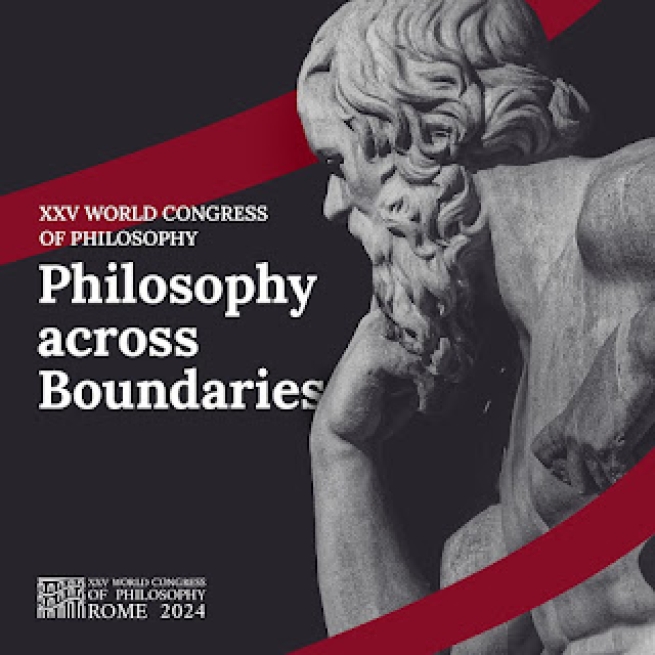As the only Salesian participant, Archbishop Emeritus Thomas Menamparampil, SDB, brought a unique perspective to the 25th World Congress of Philosophy. His deep roots in the Salesian tradition of education, service, and intercultural engagement, coupled with his extensive experience in fostering dialogue and reconciliation across cultural and religious divides, made his contributions particularly notable. Archbishop Menamparampil's work at the Congress reflected his profound commitment to promoting peace and understanding, aligning with the broader goals of the event to foster philosophical discourse that transcends cultural and disciplinary boundaries.
During his tenure as Chairman of the Federation of Asian Bishops’ Conferences (FABC), he organized conferences for the “Intellectuals of Asia,” bringing together scholars from diverse cultural and religious backgrounds to explore “Asian Values.” This initiative underscored his belief in the importance of preserving ethical values amidst the challenges of modernity.
At the Congress, Archbishop Menamparampil presented two significant papers. His first paper, “Communion of Civilizations,” was featured in a Round Table Conference focused on cross-cultural exchanges, particularly philosophical dialogues with Chinese scholars. This paper, which also served as the lead text in a book compiled for the Congress, exemplified his belief in the power of philosophy to bridge cultural divides. His second paper, “An Invitation to Become a Reconciling Force among Diverse People,” resonated deeply with the Congress's broader discussions on justice, citizenship, and the ethical responsibilities of individuals in a globalized society. His reflections emphasized the need for intellectuals to act as agents of peace and reconciliation, a mission he believes is crucial in today’s world marked by divisions and conflicts.
Archbishop Menamparampil’s participation in the Congress was not limited to his presentations. He also engaged in various Round Table conferences on topics such as the development of Artificial Intelligence, the assertion of national cultures in Eastern Europe, and the expectations of African nations. These discussions highlighted his ongoing commitment to addressing the complex challenges of our time through philosophical inquiry.
The Congress itself was organized around five key “Spheres of Boundaries”: Personae, Transitions, Justice, Earth, and Infinity. These thematic spheres covered a wide array of topics, from the ethical implications of artificial intelligence to the challenges of living sustainably on our planet. The Congress successfully created a platform for diverse philosophical traditions and voices, reinforcing the importance of pluralism in philosophical inquiry.
While Archbishop Menamparampil’s contributions were significant, they were part of a larger tapestry of intellectual efforts that made this Congress a landmark event. The diverse range of voices and ideas presented at the Congress illustrated the richness of global philosophical thought and the potential for philosophy to address the most pressing issues of our time.
As the Congress concluded, the collective contributions of all participants, left a lasting impact. The event not only advanced scholarly debates but also underscored the vital role of philosophy in fostering understanding and addressing global challenges. The insights and reflections shared during this Congress will continue to influence philosophical discourse and guide future efforts to build a more just and harmonious world.
The 25th World Congress of Philosophy may have come to an end, but its legacy, enriched by the diverse contributions of its participants, will endure, inspiring ongoing dialogue and reflection in the global philosophical community. Archbishop Menamparampil’s enduring dedication to intercultural dialogue and the promotion of ethical values remains a significant part of this legacy, reminding us of the power of philosophy to unite and heal in an increasingly interconnected world.


